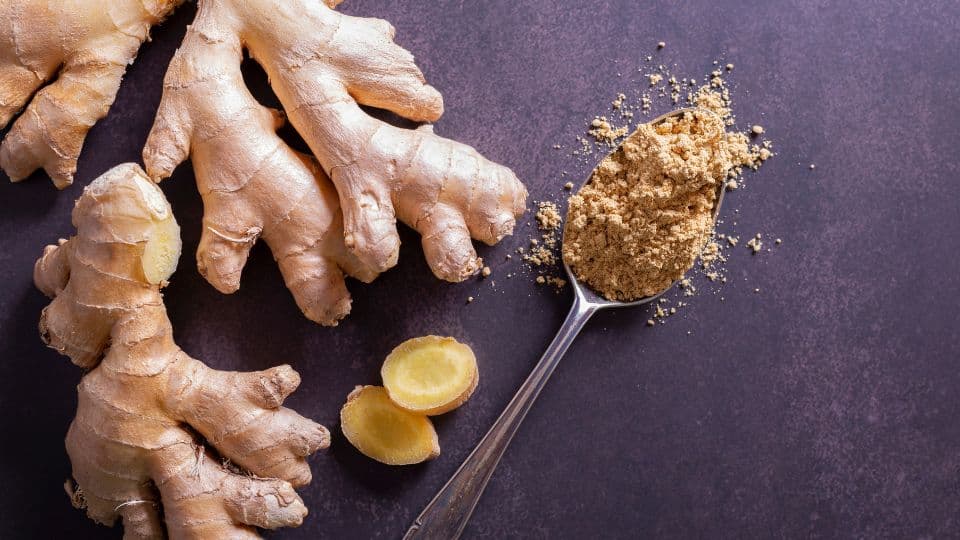If you have arthritis, you know just how painful and debilitating the condition can be. Arthritis affects the joints, causing pain and swelling. Some types of arthritis can even cause long-term damage to bones and cartilage. While there is no cure for arthritis, there are strategies you can use to ease your pain. One of them is visiting a pain management doctor. These specialists can provide you with medications and other treatments that can help reduce your pain.
Read more: What Is Pain Management and How Can Pain Management Doctors Help You?
Another approach is to use natural remedies such as ginger to manage your arthritis symptoms. Read on to understand the different types of arthritis, the benefits of ginger for arthritis, and how to use it.
Types of Arthritis
Arthritis is an umbrella term used to describe a group of conditions that affect the joints and surrounding tissues, making them painful and stiff. There are several types of arthritis, including:
- a) Osteoarthritis: This is the most common type of arthritis caused by joint wear and tear. It typically affects older adults more than other types.
- b) Rheumatoid Arthritis: This is an autoimmune disorder, meaning your immune system attacks healthy cells in your body instead of foreign invaders. It usually affects multiple joints and can cause swelling, pain, and stiffness.
- c) Gout: This type of arthritis is caused by a buildup of uric acid in the body, forming crystals that deposit in the joints. It usually affects the big toe but can also occur in other body parts.
How Can Ginger Help People with Arthritis?
Ginger is a popular spice in many dishes and has been used in traditional Chinese medicine for centuries. It has long been known to have potent anti-inflammatory properties, making it helpful in reducing pain associated with arthritis. Ginger contains nutrients such as manganese, copper, magnesium, and vitamin B6, essential for healthy joint function. Recent studies have also suggested ginger can help reduce the production of inflammatory prostaglandins, hormones that cause pain in people with arthritis.
Gingerol, shogaol, and zingerone, which are present in ginger, can help reduce swelling and inflammation associated with arthritis. Studies have shown ginger extract can inhibit the production of inflammatory proteins like tumor necrosis factor (TNF) and interleukin-1 beta (IL-1b). This helps to minimize pain and swelling caused by arthritis.
Ginger can also benefit osteoarthritis patients, as it may help reduce cartilage deterioration and improve joint function. Studies have shown that ginger extract can help protect cartilage cells and inhibit the breakdown of collagen, which is essential for maintaining healthy joints. Additionally, ginger contains powerful antioxidants that can help protect against free radical damage and reduce joint inflammation.
Ways To Incorporate Ginger Into Your Routine
Here are some ways to incorporate ginger into your routine if you’re arthritis.
- Drinking ginger tea is a great way to reap the benefits of ginger daily. Simmer fresh, peeled ginger in water for 10 minutes, and enjoy your drink!
- Adding ginger to your meals can help reduce inflammation and joint pain. Try adding it to salads, stews, soups, or stir-fries with other anti-inflammatory foods like turmeric and garlic.
- Infused oils are another way to get the benefits of ginger into your diet. You can add some fresh ginger slices to olive oil and let it sit for a few days before using.
- Lastly, try massaging your joints with ginger oil or lotion to help reduce inflammation and joint pain.
Contact Pain and Spine Institute for expert pain management in Chicago. We have experienced pain management doctors to diagnose and treat your chronic pain.
Links: Gingerols and shogaols: Important nutraceutical principles from ginger – PubMed (nih.gov)
Pain Medications for Arthritis Pain Relief | Arthritis-health




